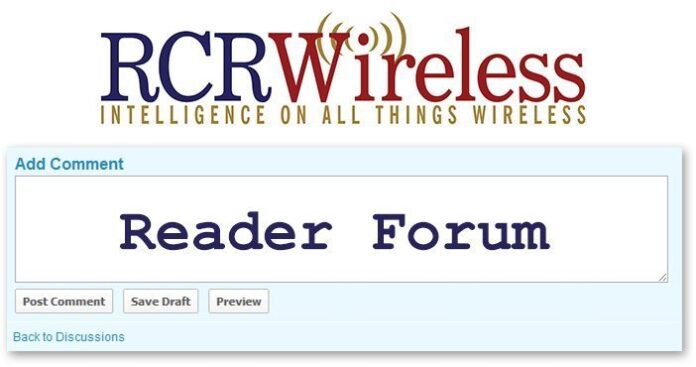Editor’s Note: Welcome to our weekly Reader Forum section. In an attempt to broaden our interaction with our readers we have created this forum for those with something meaningful to say to the wireless industry. We want to keep this as open as possible, but we maintain some editorial control to keep it free of commercials or attacks. Please send along submissions for this section to our editors at: dmeyer@rcrwireless.com.
An SMS service has the power to greatly improve your app purchase income and in-app buying revenue. There are dozens of ways that bulk SMS can benefit the sales of an app, with thousands of app developers using the SMS model to guarantee long-term income from their hard-earned download strategies.
The question is how do these app creators use a typical SMS service to earn them money once their consumer has decided to either purchase or download their app?
Five ways these app creators made SMS work for them
In the torrid world of app marketing, any technology that can improve sales is extremely valuable to the ambitious app creator. These developers spend hundreds of hours planning, coding and designing their apps so that users will feel invested enough to make in-app purchases. The last thing they want is to make the purchase process difficult.
With the right SMS service, any number of functions can be performed for the app developer when their user decides to buy. Here are some examples.
–The popular chat-app MXit earns from SMS service purchases. The company needed a method of getting freshly bought credits to their user accounts, simply and easily. This process had to be automated and reliable, and run on a bulk SMS API. Once the credits are bought, the users spend them on music, “skinz” and other services.
–The app creators of the popular game Angry Birds switched over to SMS permissions recently to improve their in-app purchase income. With these SMS service options a user will be able to purchase something in-game (like a new level) and the automated SMS will fire off to Rovio, who will bill you later for the purchase. These “Bad Piggy Bank” payments are how they will rapidly increase their brand earnings.
–Apps that are based on text messages are nothing to sneer at either. Snackable Media develops and sells SMS-based games. Predicto, their most popular game, has more than one million active users who each pay $10 per month to subscribe. Questions are sent to players via an SMS service and they respond in a multiple-choice format. There is a chance to win $50,000 while playing, so people take it seriously.
–The popular app Buy Me a Pie is a grocery-list maker that up-sells its paid version to clients by offering additional features – namely SMS list sharing. They are currently re-thinking their paid download model and want to switch to a free download model with alternative ways to earn revenue. An SMS service that deals with this may be in their immediate future. In the meantime, they will benefit from SMS as a social networking function around specific communities.
–The Soundhound app is the more expensive song recognition app that followed Shazam. They justify the expense by adding extra features like the ability to identify and share that song via an SMS service with your network of friends. Sharing also increases the apps “virality” for friends that don’t have the app installed. This can increase downloads of the free version and improve sales of the paid version.
Earning more with a quality app-SMS strategy
In the highly competitive world of app sales, a quality SMS service helps an app to stand head and shoulders above others in its class. Not only do they improve sales and downloads, but they foster in-app sales, while allowing more widespread sharing and distribution to people that have not yet downloaded the app.
This increases the earning potential of the app. Of course, the app itself is the reason why people download and use it – but SMS is the reason they share, return to play, purchase and become involved in branded app communities. This contributes exponentially to the overall virality and sales of a freshly launched application.
Making “millions” is not an easy thing to do in the app world, but it gets a lot easier when SMS service options are used to bridge the gap between limited app usability and gaining a broader global audience for your app. A bulk SMS service for any burgeoning app company will pay for itself as the sales begin to pile up.
App sales and SMS functionality should go together like Twitter and hashtags. With a focus on community and direct communication with your users, the likelihood that your app will be used more often, shared and valued naturally increases. This is what a quality SMS service can do for your app.
What is your opinion on the app-SMS partnership? Does using SMS really help app developers cover all the bases when they plan their launch strategy?

Reader Forum: How an SMS service made these app creators millions
ABOUT AUTHOR
